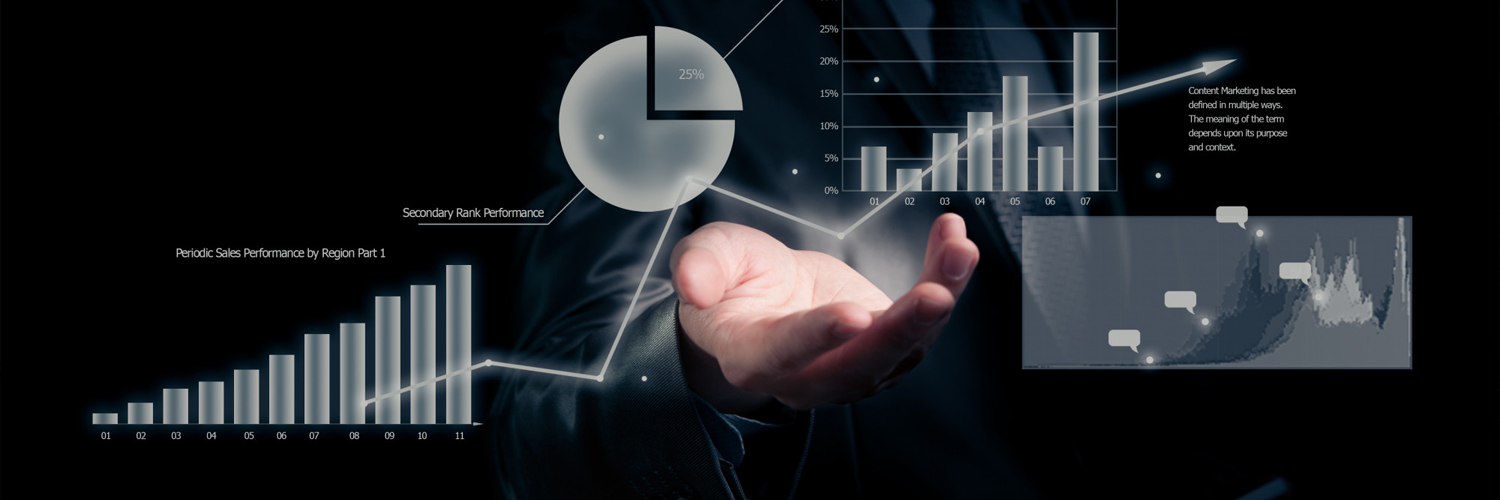Bachelor of Commerce (B.Com) is an undergraduate degree programme in the study of business and economics. Usually, a wide range of topics in the fields of finance, accounting, economics, marketing, management, and other areas are covered in this course.
A professional programme known as a B.Com with a specialisation in Business Analytics integrates the concepts of business with the instruments and methods of data analysis and business insight. Business analytics is the study of how to analyse business performance, spot patterns, make data-driven choices, and streamline business procedures using data and statistical methodologies.
Students who enrol in a B.Com. in Business Analytics degree programme learn how to gather, manage, analyse, and interpret sizable amounts of data in order to derive insightful information for corporate decision-making. Statistical analysis, data mining, data visualisation, predictive modelling, and data-driven conclusions are just a few of the quantitative and analytical techniques that are taught to students. Additionally, students are taught how to use software programmes and technologies that are often used in business analytics, including Excel, SQL, Python, R, and tools for data visualisation.
The curriculum seeks to provide students with the skills and knowledge required to comprehend and utilise the potential of data in an industrial environment. Graduates of B.Com – Business Analytics programmes can work in a variety of fields where data-driven decision-making is essential as data analysts, business analysts, market researchers, data scientists, consultants, and managers.
What is Business Analytics?
The term “business analytics” or business data analytics refers to the process of using data and statistical tools to discover patterns and make logical business choices. In order to evaluate their performance, spot patterns, and make data-driven decisions to increase efficiency, effectiveness, and profitability, organisations must gather, analyse, evaluate and demonstrate data.
Data mining, predictive modelling, machine learning, statistics, and data visualisation are just a few of the approaches and technologies that are combined in business analytics. It makes use of information from a variety of sources, including corporate databases, customer records, sales transactions, social media, and market research, to draw insightful conclusions and guide strategic decision-making.
B Com Business Analytics Subjects:
The modules or courses connected to B.Com – Business Analytics programme generally aim to give students a thorough grasp of the principles, procedures, and tools used in analysing and interpreting data to conclude reliable results for an organisation. B Com Business Analytics syllabus covers the following main topics
- Business Dynamics and Entrepreneurship: The objective of teaching this subject is to enable students to have a conceptual understanding of management framework, entrepreneurial culture and growth management in the current industries. Some of the subtopics of this subject include principles of management, managerial functions, and human resource management. It also aims to teach about the various governmental provisions for entrepreneurship.
- Business Statistics: Meaning, functions, importance, of Business Statistics, classification of data, data collection processes, data collection tools, identification of required demographics and their study are a few of the topics covered in this subject for a thorough understanding of Business Analytics. The measurement and processing of collected data, its presentations, correlation, and visualisation are also part of this subject.
- Fundamentals of MS-EXCEL: B Com Business Analytics degree also aims to provide a complete working knowledge of MS Excel to process and analyse data and derive meaningful conclusions. Practicals on MS Excel in Statistics, and SPSS are part of the programme. It teaches students Statistical Computing using EXCEL.
- Fundamentals of Database Management: In this topic, students learn about the meaning, objectives, and features of database management systems, conceptual data modelling, types of data models like RDBMS, HDBMS, database design, administration and more. The in-depth study of data operation and management such as data warehousing, query processing, data distribution, etc are taught under this subject. This equips students with the practical knowledge and skills required for their employment.
- System and SQL: Students are trained in a practical understanding of System Query Languages which helps them gain technical skills in the field.
- Mathematics for Decision Making: This B Com course aims to expose students to the application of mathematical tools in the business decision-making process and day-to-day business operations. It teaches mathematical concepts to have an overall better understanding of data.
- Computer Fundamentals & C – Programming: Students learn about the operation of computers, the varieties of software, the fundamentals of programming, and the necessity of programming in this section of their studies. They are also given practical training in C programming, as well as object-oriented languages and C++ components
- Tableau – Business Intelligence: Basics of Tableau, Visual Analytics, Dashboards and Stories, Mapping, and Calculations in Tableau are covered under this course to prepare students in this highly in-demand software.
- Introduction to R: R is a well-known computer programming language used for graphic representation and statistical computation. Data analysis and visualisation are its most popular applications. It is a valuable resource for data science, machine learning, data analysis, and data visualisation. B Com in Business Analytics has an overview of R, functions of R, Structures and Control Flow of R, R packages, R Data Reshaping, Working with Files in R, Data visualisation in R & Data Management as its subjects.
- Data Science life cycle: Data-driven business applications are becoming more and more prevalent nowadays, yet traditional data analysis methods were not created to handle the complexity of the current world. Data Science is a brand-new, interesting, rapidly developing field that investigates fresh statistical, computational, and operational difficulties that arise in the handling, storage, and information extraction from Big Data. Students are taught an introduction to data science, visualisation of data, HDFS (Hadoop Distributed File System), Basics of Machine Learning and Natural Language Processing under this subject.
Other subjects like Goods and Services Taxes, Income Taxes, Marketing Analytics, training in Python, accounting, and language skills, are part of the B Com Business Analytics subjects to provide holistic education and practical skills to the learners.
Career Scope of B Com Business Analytics
The scope of business analytics is enormous and is currently a highly sought-after skill. Graduates of this business analytics course have great opportunities for lucrative careers.
- Data Analyst: To find trends, patterns, and insights, data analysts gather, curate, and analyse data. Data Analysts employ a variety of tools and methodologies to mine and evaluate data, produce reports, and present results to help corporate decision-making. Graduates of this programme can avail this job role.
- Business Analyst: As a business analyst, you would collaborate closely with stakeholders to determine company needs, collect specifications, and analyse data in order to offer insights and suggestions for enhancing procedures, raising productivity, and promoting expansion.
- Financial Analyst: Graduates can also opt for the role of financial analyst. To evaluate the performance of businesses, markets, and investment possibilities, financial analysts employ data and financial models. They examine financial data, assess risks, and offer suggestions for budgeting, choosing investments, and cutting costs.
- Data Visualization Specialist: Business Analytics jobs include Data Visualization Specialist. Specialists in data visualisation use charts, graphs, and dashboards to provide visually appealing representations of data. They show complicated data in a clear and useful way using technologies like Tableau, Power BI, or Excel to facilitate ease of comprehension, communication and decision-making.
- Operations Analyst: Operations analysts concentrate on streamlining organisational operational procedures and processes. To locate bottlenecks, inefficiencies, and areas for improvement, they analyse data from the manufacturing, supply chain, inventory, and logistics. Expertise gained in this area is valued at various organisations by different sectors.
- Market Research Analyst: To assist firms in understanding market trends, identifying target markets, and creating successful marketing plans, market research analysts examine market circumstances, consumer behaviour, and competition data. To generate practical insights, they use statistical methods and data analysis. Skills gained through this programme enable its graduates to be qualified for this role.
Thus B Com in Business Analytics degree is an exciting programme that provides industry-oriented skills and helps its graduates enter promising careers. Join Acharya’s B Com Business Analytics programme for a holistic learning experience.






























